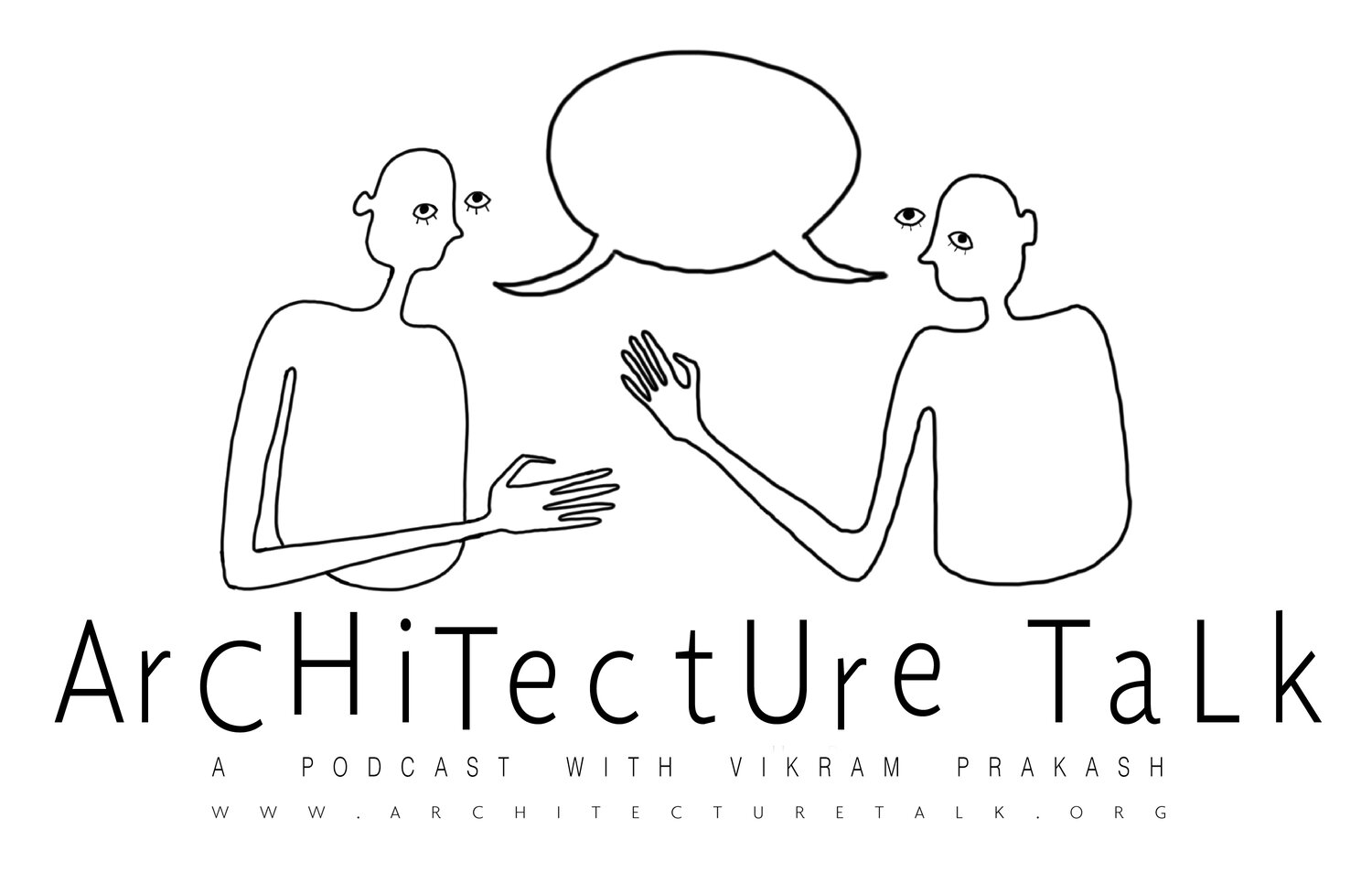85. In Flux with Alona Nitzan-Shiftan
Original Drawing by Tori Haynes
“1970s Israel was a period of taking things that were constructed and making them into things that are taken for granted, that become 2nd nature, that you don’t question.”
Alona Nitzan-Shiftan
This week, we are joined by Alona Nitzan-Shiftan, head of the Arenson Built Heritage Research Center in Haifa, Israel. This conversation looks at the question and problem of modernism and its relation to the formation of the nation-state, particularly as it relates to Israel and India.
Timestamp Outline
2:40 Alona is currently in Haifa, Israel where she is the head of the Arenson Built Heritage Research Center. Founded in 1975, it is the first archive in Israel. It has a three-pronged structure: archive, research center, and publishing house.
04:05 Alona conducts research in the politics of architecture and heritage and architectural modernism in Israel
05:10 Her historical research is interested in the lacunas of the canonical histories of Jerusalem and Israel writ large where she investigates modernism and the building of the nation-state. “There are always contradictory narratives.” ANS
06:09 Vikram and Alona begin discussing the parallels between their respective bodies of research
07:33 A part of this work involves looking at religion as part of the formation of national identity
08:25 What is your personal connection to Israeli Architecture? VP
09:01 “1970s Israel was a period of taking things that were constructed and making them into things that are taken for granted, that become 2nd nature, that you don’t question.” ANS
11:40 Underground Jerusalem
12:22 Chandigarh, India
12:58 In efforts to modernize the past, different schools of architecture compete over what Jerusalem should be.
17:25 Lewis Mumford and the Plan for Jerusalem
20:57 Sykes-Picot Agreement
22:45 What does a Post-post National or Post-Post Colonial City look like? VP
24:26 Louis Kahn and the Hurva Synagogue
24:36 Dome of the Rock
25:13 “By trying to keep Israel international, it became settler colonial and a strong violation of human rights-almost the opposite of the post-post colonial city.” ANS
26:45 Ottoman Empire
27:10 “Pakistan was created as an Islamic nation, but Nehru and Gandhi were keen to cast India in a secularist mode.” VP
27:20 The paradoxes of secularism ANS
28:15 Discussion of Judaism Sanctity versus Christian Sanctity
28:40 The Western Wall in Jerusalem
29:45 Discussion of Religious Zionism versus Nationalism as a secular practice
33:06 Garcia Canclini on secularism in Latin America
33:47 “Nationalism is philosophically very impure...its a very pragmatic project...it must use existing frameworks in order to make sense to its constituencies. Using existing frameworks, like religion, legitimates nationalisms.” ANS
35:06 The Zionist Movement was first a Labor Movement
35:55 Kingdomism
37:09 “The bible had meaning for every Jew, Socialism didn’t.” ANS
37:49 Louis Kahn projects: Hurva Synagogue in Jerusalem; National Assembly Building in Dhaka; Indian Institute of Management in Ahmedabad.
40:45 Modernism was extremely compatible with National projects
43:33 “Nation-states are very much built on boundaries, narratives, objects. Space in flux (as in the information age) will negate the nation-states imminent fixity - no more capturing.” ANS
53:25 Information flow erases the nation-state.
55:15 Zoom offers up a challenge to the fixity of the architectural monument, office, etc.
01:01:10 Build networks of similarities transnationally.







